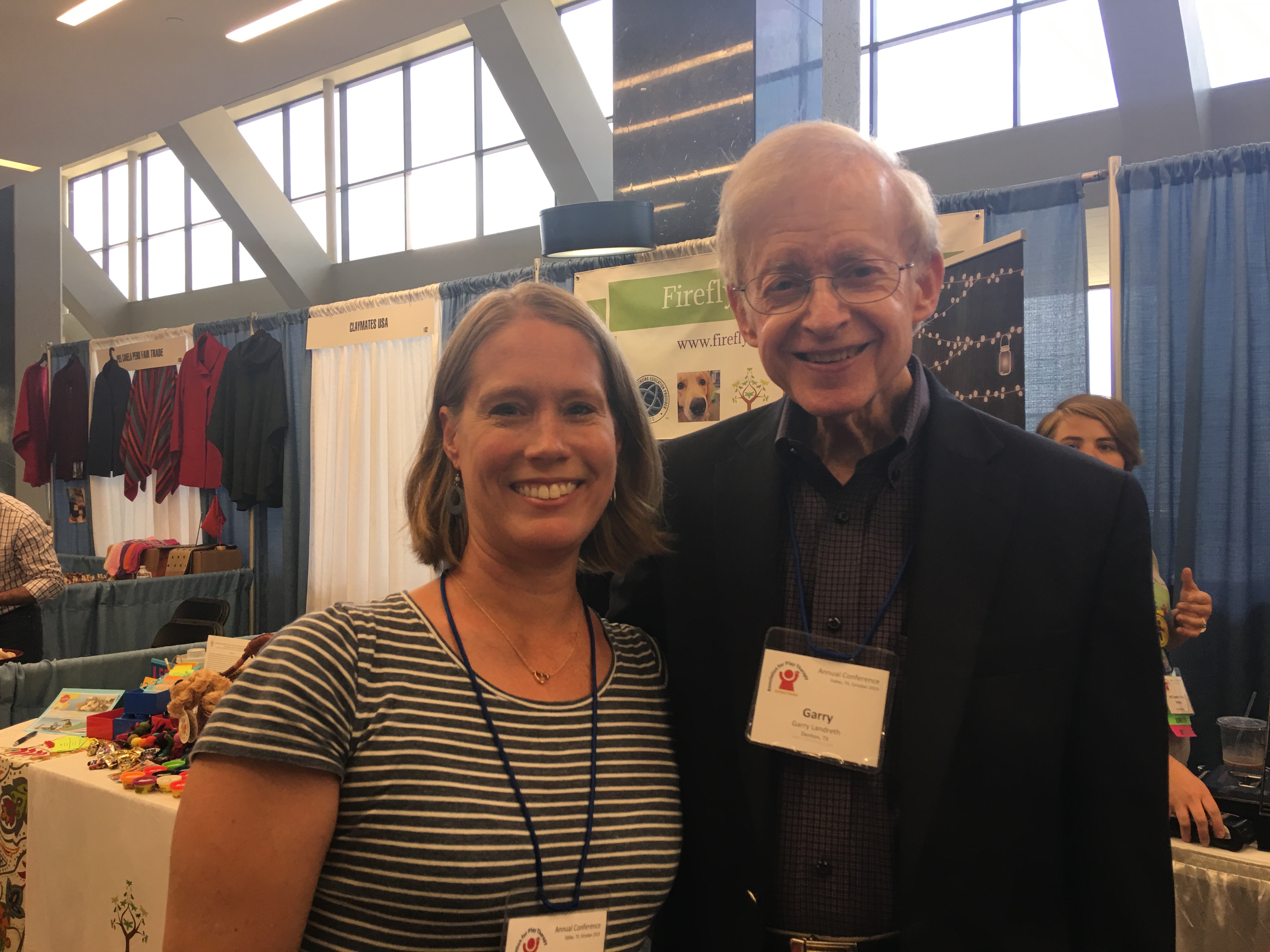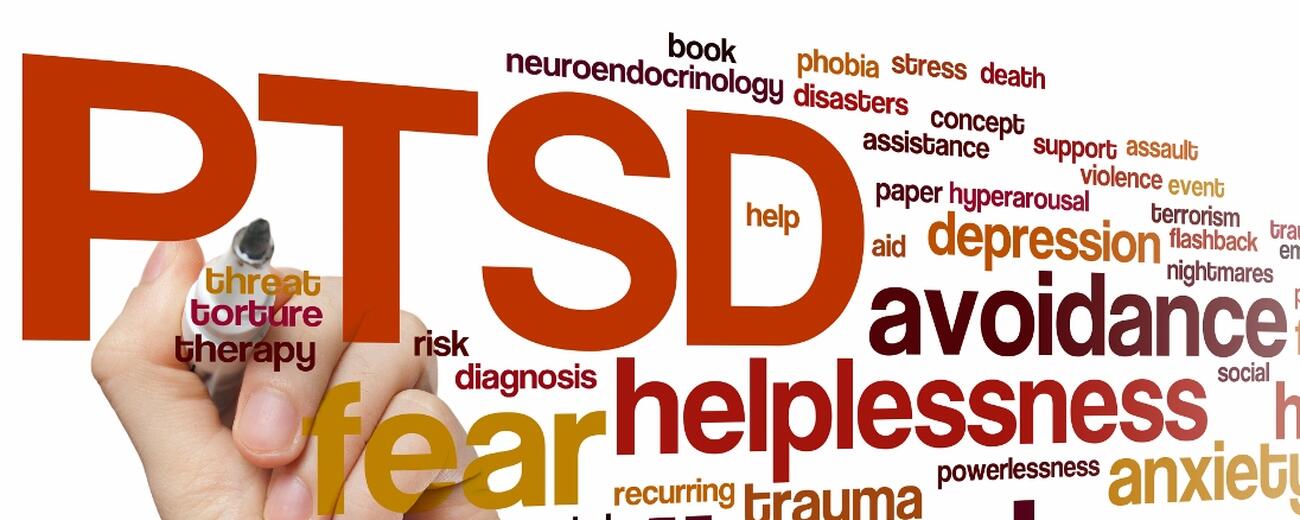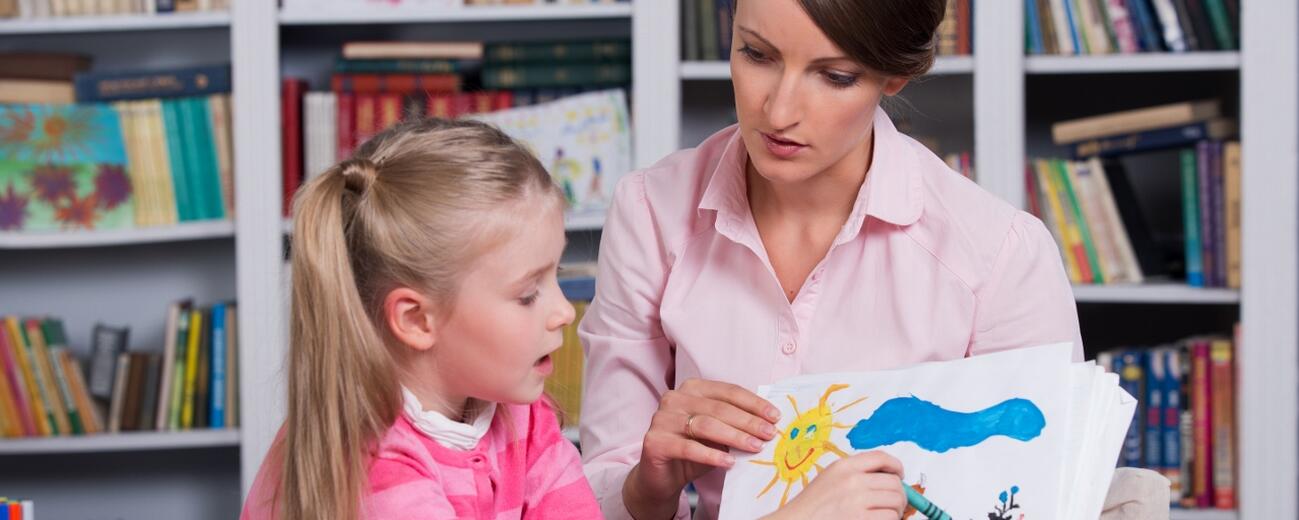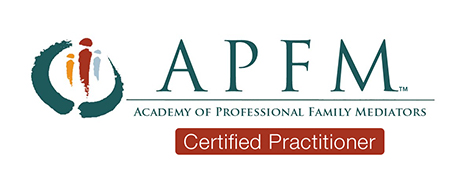Our team of mental-health professionals has extensive experience in all kinds of situations involving children, including:
- School performance and attitude
- Self-esteem and confidence issues
- Positive, respectful behavior at home and at school
- Social interaction
- Bullying situations
- Conflicts with family, friends and teachers
- Abuse — physical and emotional
- Psychiatric issues including obsessive-compulsive disorder (OCD) and attention-deficit disorder (ADD)
- Substance abuse
Play Therapy

Play therapy is a structured, theoretically based approach to therapy that builds on the normal communicative and learning processes of children. The curative powers inherent in play are used in many ways. Therapists strategically utilize play therapy to help children express what is troubling them when they do not have the verbal language to express their thoughts and feelings. In play therapy, toys are like the child's words and play is the child's language. Through play, therapists may help children learn more adaptive behaviors when there are emotional or social skills deficits. The positive relationship that develops between therapist and child during play therapy sessions can provide a corrective emotional experience necessary for healing. Play therapy may also be used to promote cognitive development and provide insight about and resolution of inner conflicts or dysfunctional thinking in the child.

GARY LANDRETH, FOUNDER of PLAY THERAPY
What Is Play Therapy?
... toys are the child's words!
Initially developed in the turn of the 20th century, today play therapy refers to a large number of treatment methods, all applying the therapeutic benefits of play. Play therapy differs from regular play in that the therapist helps children to address and resolve their own problems. Play therapy builds on the natural way that children learn about themselves and their relationships in the world around them. Through play therapy, children learn to communicate with others, express feelings, modify behavior, develop problem-solving skills, and learn a variety of ways of relating to others. Play provides a safe psychological distance from their problems and allows expression of thoughts and feelings appropriate to their development.
How Does Play Therapy Work?
Children are referred for play therapy to resolve their problems. Often, children have used up their own problem solving tools, and they misbehave, may act out at home, with friends, and at school. Play therapy allows trained mental health practitioners who specialize in play therapy, to assess and understand children's play. Further, play therapy is utilized to help children cope with difficult emotions and find solutions to problems. By confronting problems in the clinical Play Therapy setting, children find healthier solutions. Play therapy allows children to change the way they think about, feel toward, and resolve their concerns. Even the most troubling problems can be confronted in play therapy and lasting resolutions can be discovered, rehearsed, mastered and adapted into lifelong strategies.
What to Expect in Play Therapy Services?
The first session will be a parent meeting to discuss the child’s background, current issues, and the child’s needs. The therapist and parent will work together to determine how current issues are impacting daily life. The second and third sessions are focused on the child for the therapist to build a relationship with the child. The fourth session is usually a parent meeting after the therapist has met with the child. This meeting allows for discussion of the plan for counseling, possible resources that may be available, and to give the parent direction on changes that can be implemented at home to help their child with accomplishing the goals of counseling. Subsequent sessions are with the child to continue working on goals. After the initial sessions, the therapist or parent will schedule parent meetings when necessary.
What Do I Ask My Child After Play Therapy Sessions?
After a play therapy session, a parent can ask a child about the session, but should not pressure the child to give information. Some children will tend to share every detail while others may be guarded in sharing information. Therapy is a safe place for a child to work through their struggles. It is important to respect the needs of your child regarding their willingness to share information and for therapy to remain a positive experience. For children who are more guarded, parent meetings can be scheduled on a consistent basis to inform parents of therapy progress.
Who Benefits from Play Therapy?
Although everyone benefits, play therapy is especially appropriate for children ages 3 through 12 years old. Teenagers and adults have also benefited from play techniques and recreational processes. To that end, use of play therapy with adults within mental health, agency, and other healthcare contexts is increasing. In recent years, play therapy interventions have also been applied to infants and toddlers.
How Will Play Therapy Benefit A Child?
Play therapy is implemented as a treatment of choice in mental health, school, agency, developmental, hospital, residential, and recreational settings, with clients of all ages.
Research supports the effectiveness of play therapy with children experiencing a wide variety of social, emotional, behavioral, and learning problems, including: children whose problems are related to life stressors, such as divorce, death, relocation, hospitalization, chronic illness, assimilate stressful experiences, physical and sexual abuse, domestic violence, and natural disasters (Reddy, Files-Hall, & Schaefer, 2005). Play therapy helps children:
- Become more responsible for behaviors and develop more successful strategies.
- Develop new and creative solutions to problems.
- Develop respect and acceptance of self and others.
- Learn to experience and express emotion.
- Cultivate empathy and respect for thoughts and feelings of others.
- Learn new social skills and relational skills with family.
- Develop self-efficacy and thus a better assuredness about their abilities.
Meta-analytic reviews of over 100 play therapy outcome studies (Bratton et. al., 2005; Leblanc & Ritchie, 2001) have found that the over-all treatment effect of play therapy ranges from moderate to high positive effects. Play therapy has proven equally effective across age, gender, and presenting problem. Additionally, positive treatment effects were found to be greatest when there was a parent actively involved in the child's treatment.
How Long Does Play Therapy Take?
Each play therapy session varies in length but usually last about 30 to 50 minutes. Sessions are usually held weekly. Research suggests that it takes an average of 20 play therapy sessions to resolve the problems of the typical child referred for treatment. Of course, some children may improve much faster while more serious or ongoing problems may take longer to resolve.
How May My Family Be Involved in Play Therapy?
Families play an important role in children's healing processes. The interaction between children's problems and their families is always complex. Sometimes children develop problems as a way of signaling that there is something wrong in the family. Other times the entire family becomes distressed because the child's problems are so disruptive. In all cases, children and families heal faster when they work together.
The therapist will make some decisions about how and when to involve some or all members of the family in the play therapy. At a minimum, the therapist will want to communicate regularly with the child's caretakers to develop a plan for resolving problems as they are identified and to monitor the progress of the treatment. Other options might include involving a) the parents or caretakers directly in the treatment by modifying how they interact with the child at home and b) the whole family in family play therapy. Whatever the level of involvement of the family members, they typically play an important role in the child's healing.
Who Can Practice Play Therapy?
The practice of play therapy requires extensive specialized education, training, and experience. A play therapist is a licensed mental health professional who has earned a Master's or Doctorate degree in a mental health field with considerable general clinical experience and supervision.
Pre-Teens and Adolescents
For pre-teens and adolescents, counseling incorporates the student’s interests and corresponds with the emotional and developmental level of the student. Games, markerboard activities, and workbooks may be incorporated to provide a relaxed environment for the student to explore the reasons they are in counseling. Whether students are struggling with school, friends, parents, decision-making, or other concerns, counseling can help them to explore new ways of thinking and reacting, while providing parents with resources to support their child in maturing.






















